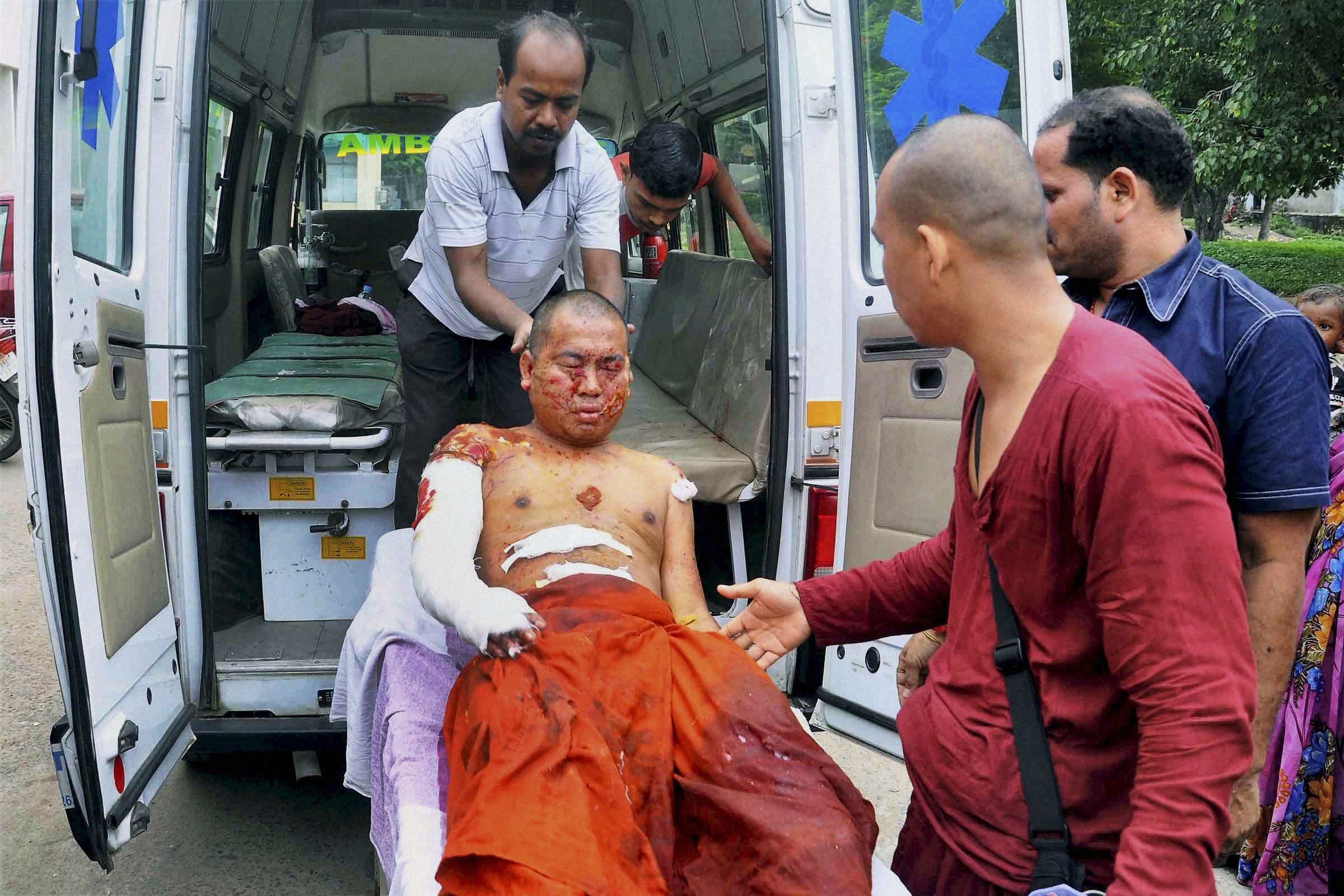
The ordinance against sexual violence signed by President Pranab Mukherjee this Sunday (31st January, 2012) was met with nation-wide protests by women’s groups, who claimed the government had “betrayed the movement” by overlooking certain key recommendations made by Justice Verma Committee (JVC). The committee was formed by key figures as Justice Leila Seth, former judge of the High Court and Gopal Subramanium, former Solicitor General of India, following the death of a 24-year-old victim of rape in New Delhi.
The ordinance, falls short of addressing issues brought to light by the JVC.
1. On issue of Marital Rape: The JVC report expands the definition of ‘rape’ to include all penetrative sexual assault, and recommends the criminalisation of marital rape by criminalising rape regardless of the relationship of the offender with the victim.
However, the ordinance refuses to include marital rape in the rape law, giving lesser punishment for rape committed by a husband on his wife, even if the two are separated.
2. On rape by security agencies, and the principle of “command responsibility”: The JVC report recommends an amendment to section 6 of the Armed Forces (Special Powers) Act, (AFSPA) 1958, such that offences of rape and sexual assault committed by armed forces should not require prior sanction for a trial. It further recommends that a member of security forces if accused of rape should be tried in ordinary criminal court. In the event that such a rape does take place (as with the custodial rape of Soni Sori), the JVC recommended that the superior officer be held responsible along with the junior officer for the latter’s actions.
However, in spite of the fact that rape continues to be used as a weapon of war in parts of the country under army rule (ex. Kashmir and several North Eastern states), the ordinance does not take this recommendation into consideration. It also does not include sexual assault carried out in the context of communal massacres (such as the Gujarat riots).
3. On rape committed by public servants: Once again, the JVC report recommended that no prior sanction be required to try public servants for cases of sexual assault; and further that politicians with pending cases of sexual crimes should be disqualified from taking part in the electoral process. By disregarding both these suggestions, the ordinance continues to ensure that sexual offenders in powerful positions will continue to get away with rape.
4. On the death penalty: While the JVC report did not recommend the death penalty, the ordinance introduces it in the “rarest of rare” cases where rape results in death or a vegetative state in the victim. Women’s groups have long argued against the death penalty for the precise reason that it will further lower conviction rates for rapists, and add the further danger of potential rapists choosing to kill their victims so that they cannot testify in court.
5. On the medical examination of rape survivors: The ordinance entirely fails to take cognizance of the JVC’s recommendation that rape survivors not be subjected to the inhumane ‘two-finger test’ when being examined for evidence of rape. It also ignores all suggestions to implement rape-crisis helplines, police reform and improvement of public transport to aid victims of sexual assault.
Other inconsistencies within the ordinance are the failure to include routinised forms of sexual violence such as stripping, torturing and sexual humiliation of lower caste women within the ambit of assault. The ordinance also criminalises sexual relations between individuals of 16 – 18 years of age, thereby creating more opportunities for ‘moral custodians’ to wreak havoc on their lives. Speaking with Tehelka, lawyer Rebecca John called the government ordinance a ‘highly contradictory and confused document’, adding that the most basic tenet of any law needed to be simplicity — “The first person who should be able to understand these laws is a constable, or the actual law-enforcer on the street — something that becomes impossible with a system so cluttered with inconsistencies.”





“The ordinance also criminalises sexual relations between individuals of 16 – 18 years of age.”
I did not get this part. Is it criminalizing the consensual sex?
Otherwise,
1. For death penalty if i understood correctly can only be given in rare cases where the victim dies following the rape. So how can it provoke more murders?
2. Marital rape is still considered even if not at par with non-marital rape? There is a lesser but proposed punishment for the crime in ordinance?
3. Equal rules should apply to all the citizens of the country irrespective of their working backgrounds(Security services/Functionaries). On the contrary such cases should be dealt with more severely as persons on such posts are deemed more responsible. At the same time i think that disqualifying someone on the basis of pending case/s can be unfair for the accused. He must be first proved a criminal.
4. Concerning medical examination, i feel the doctors in India need to develop more empathy towards a human body in general. With right attitude, tests can be performed in unpainful/unhumiliating way.